You are here
Medical and Public Health Information Sharing Environments - West Africa MPHISE
Primary tabs
Tue, 2015-06-30 21:14 — mdmcdonald
This working group is focused on discussions about Medical and Public Health Information Sharing Environments.
The mission of this working group is to focus on discussions about Medical and Public Health Information Sharing Environments including:
Health Information Systems
Clinical Record Systems
Lab Systems
Pharmacy Systems
Epidemiology
Operational Biosurveillance
Epidemic Response
Logistics and Supply Chain Management
Add Content to this group
Members
| Kathy Gilbeaux | mdmcdonald | MDMcDonald_me_com |
Email address for group
mphise_westafrica_mphise@m.resiliencesystem.org

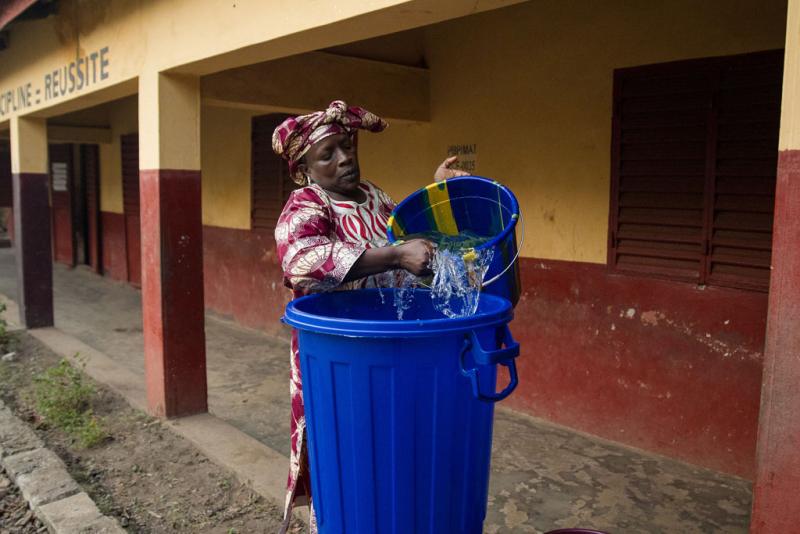


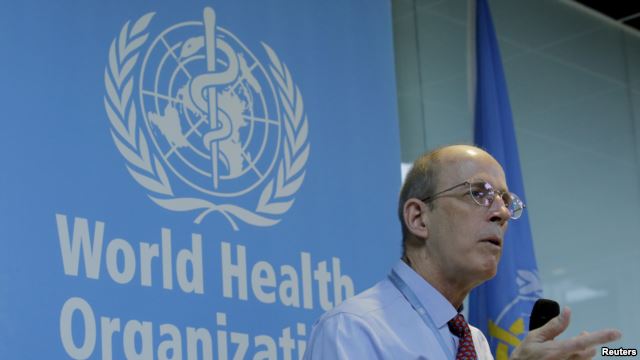
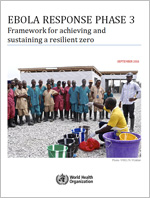 Publication details
Publication details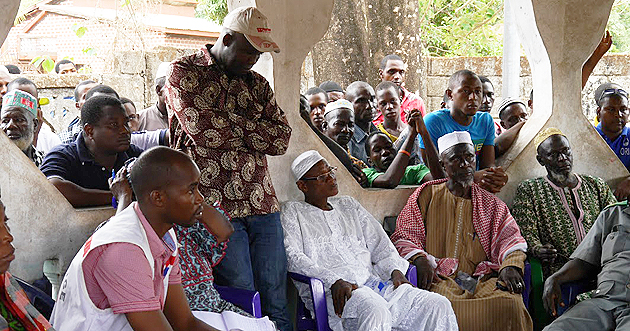
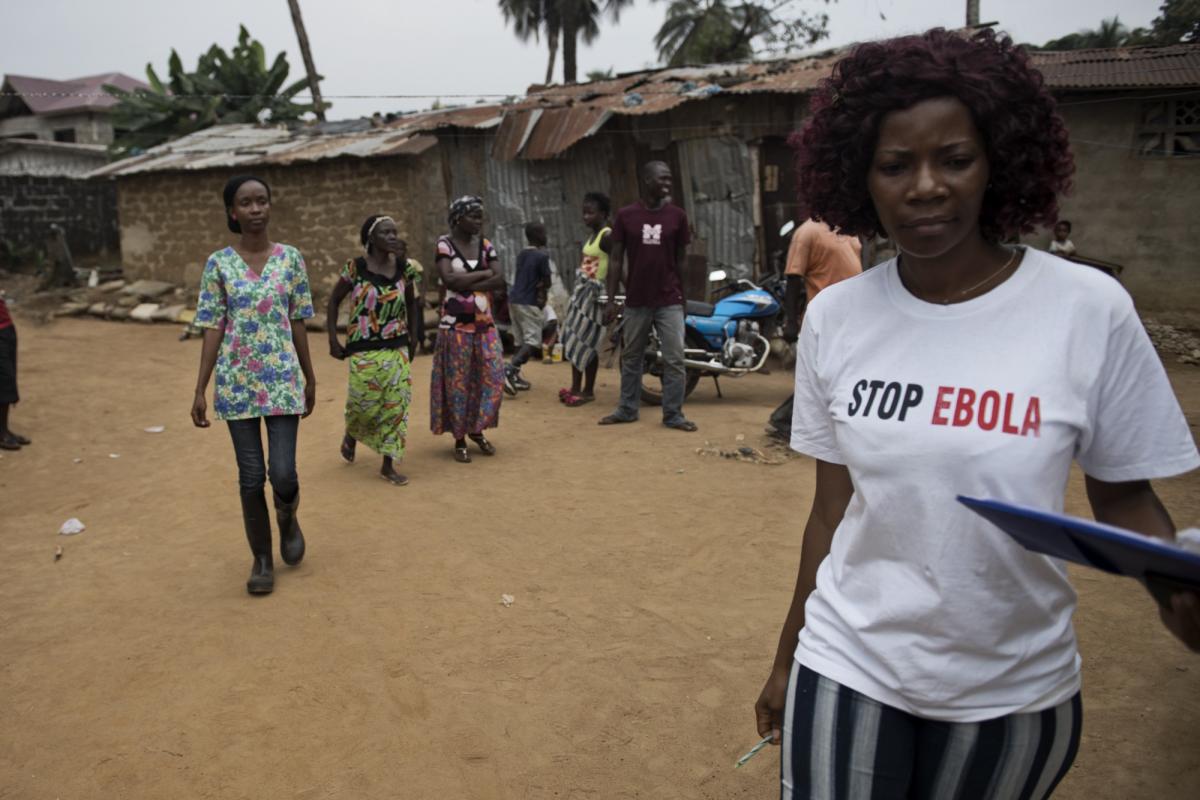
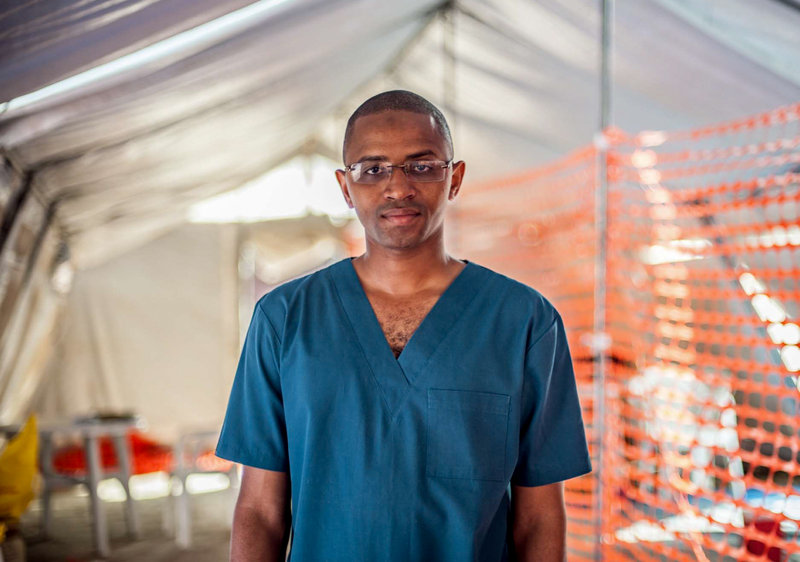
Recent Comments